 This blog post from the HMSA’s Occupational Therapist, Jo Southall, provides an overview of strategies to deal with the not entirely comfortable idea of returning to an uncertain world when you’ve been shielding for some time, and is packed with ideas about how to ease that transition.
This blog post from the HMSA’s Occupational Therapist, Jo Southall, provides an overview of strategies to deal with the not entirely comfortable idea of returning to an uncertain world when you’ve been shielding for some time, and is packed with ideas about how to ease that transition.
Jo is responsible for team wellbeing at the HMSA and also runs a monthly #HMSALiveOT show from the HMSA Facebook page at 7pm on the third Thursday of each month, taking your Occupational Therapy questions live or in advance.…
Read more of this article


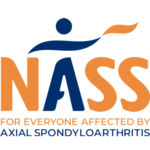
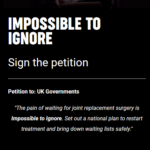
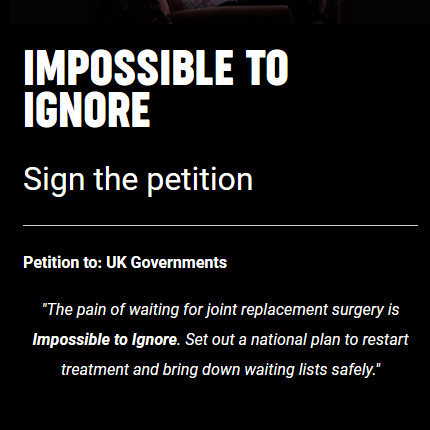 People with arthritis can’t ignore their pain. Let’s make sure the Government doesn’t, either.
People with arthritis can’t ignore their pain. Let’s make sure the Government doesn’t, either. 
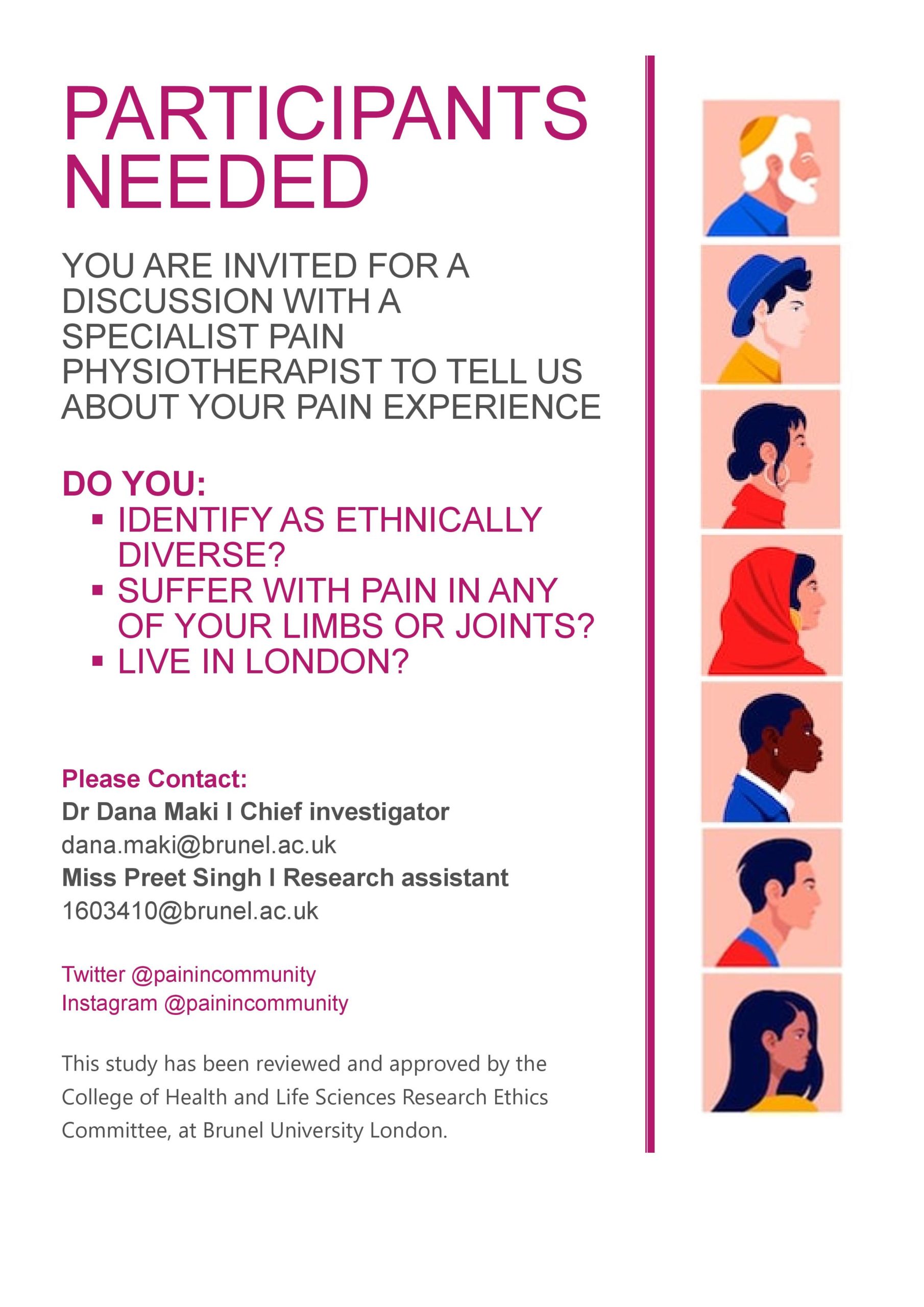
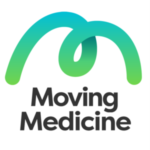
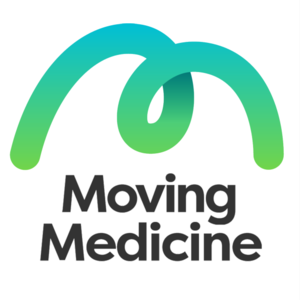
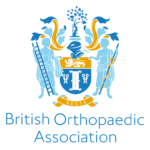
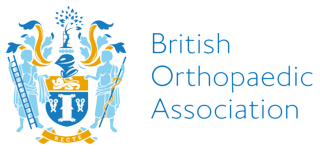 A British Orthopaedic Association message to people waiting for joint replacement and other orthopaedic surgery
A British Orthopaedic Association message to people waiting for joint replacement and other orthopaedic surgery
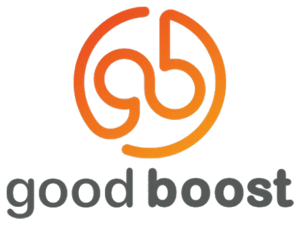 NRAS has been working with the social enterprise Good Boost, who champion the phrase “Move More, Have Fun, Feel Better.” Their mission is to create more affordable and accessible options for MSK community health services, and they use technology at the forefront for change.
NRAS has been working with the social enterprise Good Boost, who champion the phrase “Move More, Have Fun, Feel Better.” Their mission is to create more affordable and accessible options for MSK community health services, and they use technology at the forefront for change.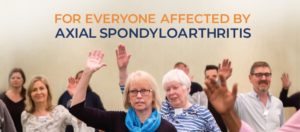 The NASS Facebook Live sessions have been running for about three years now, helping people to manage their axial SpA (AS) in unprecedented times and beyond.…
The NASS Facebook Live sessions have been running for about three years now, helping people to manage their axial SpA (AS) in unprecedented times and beyond.… 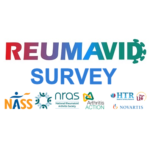
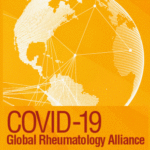
 Pain UK would like to alert you to the work of the Covid-19 Global Rheumatology Alliance, an organisation established to “collect, analyze and disseminate information about COVID-19 and rheumatology to patients, physicians and other relevant groups to improve the care of patients with rheumatic disease.”
Pain UK would like to alert you to the work of the Covid-19 Global Rheumatology Alliance, an organisation established to “collect, analyze and disseminate information about COVID-19 and rheumatology to patients, physicians and other relevant groups to improve the care of patients with rheumatic disease.”